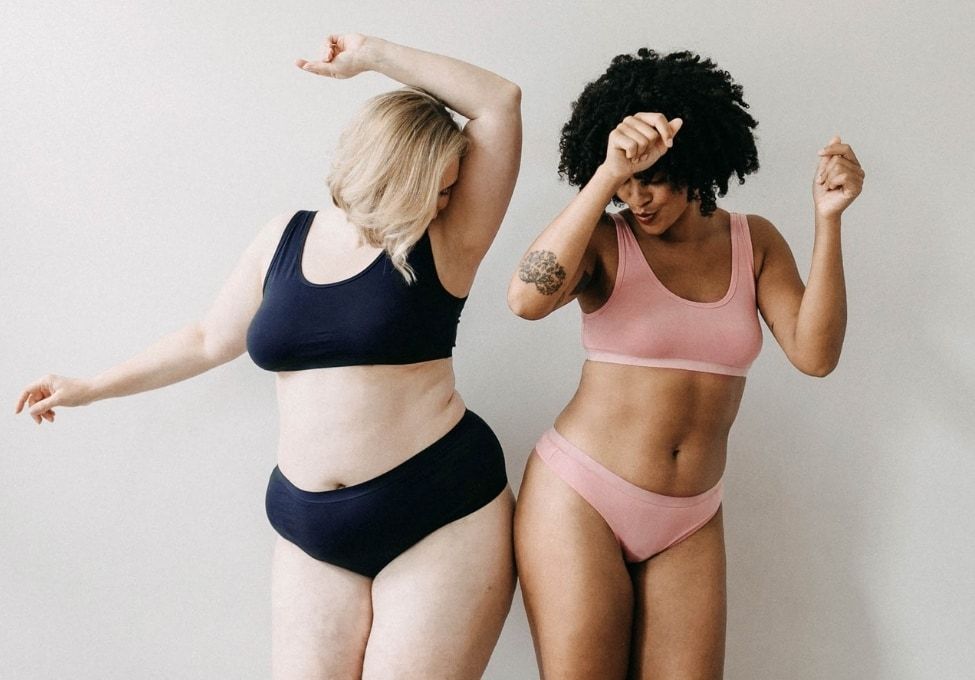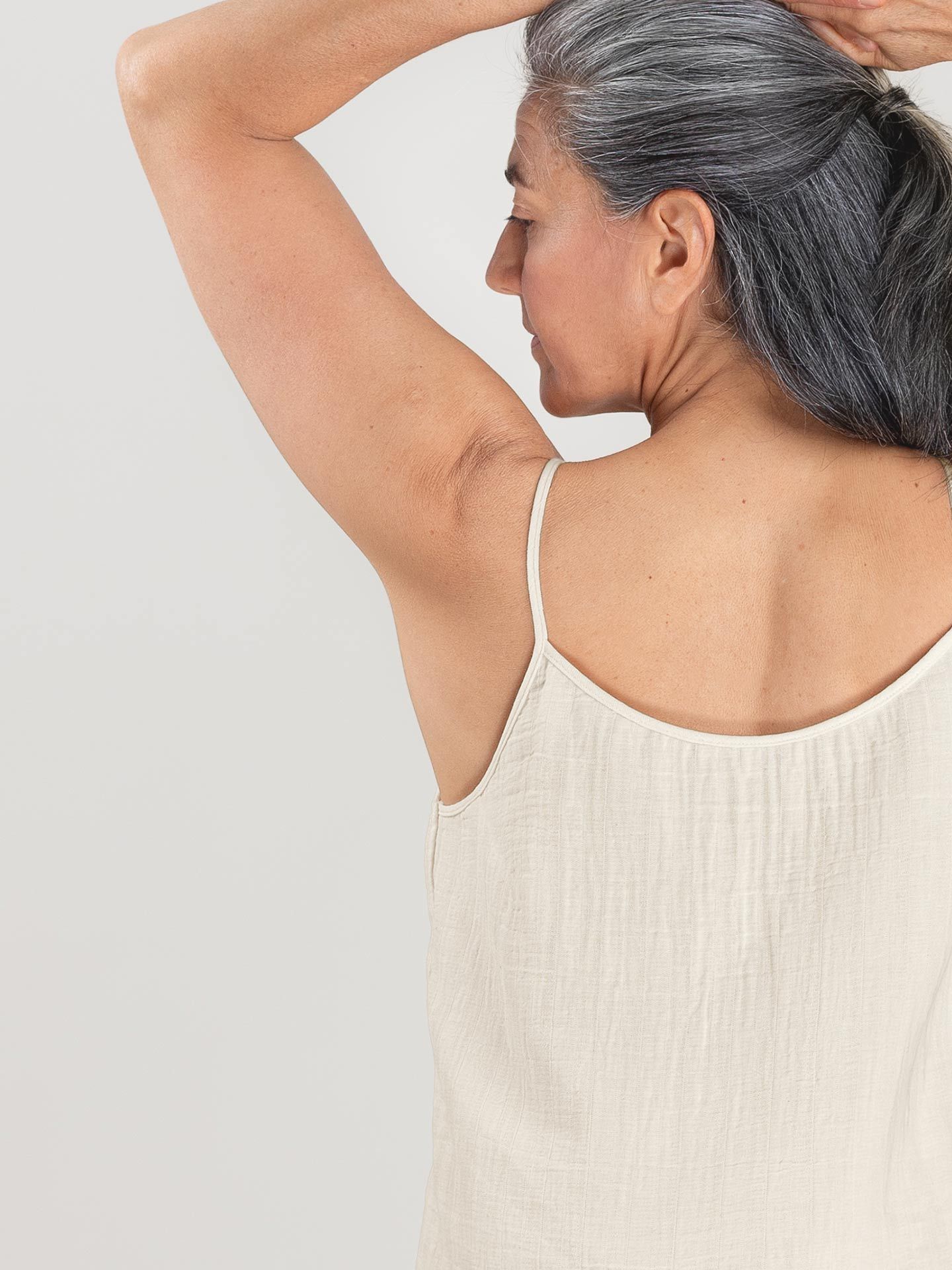How sustainable is cotton?
Conventional cotton farming is harmful to the environment in many ways. As you probably already know, cotton requires huge amounts of water. In conventional cultivation, this means that on average 11,000 liters (!) of water are used for 1kg of cotton worldwide, depending on the growing region. Since the plants are grown in mostly dry regions, permanent external irrigation is required. Often at the expense of the population, which already lives in water-scarce areas.
Conventional cotton cultivation also pollutes the soil: monoculture and the use of synthetic (toxic) fertilizers and pesticides against pest infestation not only put the soil and species to the test, but also pose health risks for the smallholders, who often bring the chemical cocktail to the field without protection. The toxic burden on groundwater, the environment and humans is considerable and causes consequential damage that can lead to death and poisoning. The chemicals also have an impact on us end consumers - because we wear them directly on our skin.
What does organic cotton (kbA) mean?
We at erlich textil do not want to support the dirty business with the "white gold" in this form. That's why we only use cotton from controlled organic cultivation (kbA) or cotton in conversion for all our cotton textiles. Because for us, organic does not only belong on the plate, but also in our clothing:
Cotton with the k.b.A. addition is produced according to guidelines and standards of organic agriculture (Regulation (EC) No. 834/2007). This method of cultivation has a positive effect on soil, nature and people, because the cotton plants are grown according to regulated environmental, animal and human protection criteria: Starting with the seeds, through the management of agricultural land to the harvest. Artificial fertilizers and pesticides are prohibited, as are toxic chemicals and genetically manipulated seeds.
Since the soil has a higher humus content and can therefore better absorb and store water, less water is needed than in conventional farming.This means that up to 40% can be saved, which amounts to "only" 6,600 liters per kilo of cotton (instead of 11,000 liters).Another characteristic of organic farming is the observance of crop rotation. By alternating crops, pest pressure is reduced, soil fertility is improved (mostly through intercropping) and erosion is reduced. This also allows farmers to become somewhat independent of cotton production, as they can also grow other products and use them for self-sufficiency or to sell.
Currently, less than 1% of the cotton grown worldwide comes from certified organic agriculture. Smallholder farmers in India, in particular, are converting to organic farming and account for the majority of organic cotton cultivation.








